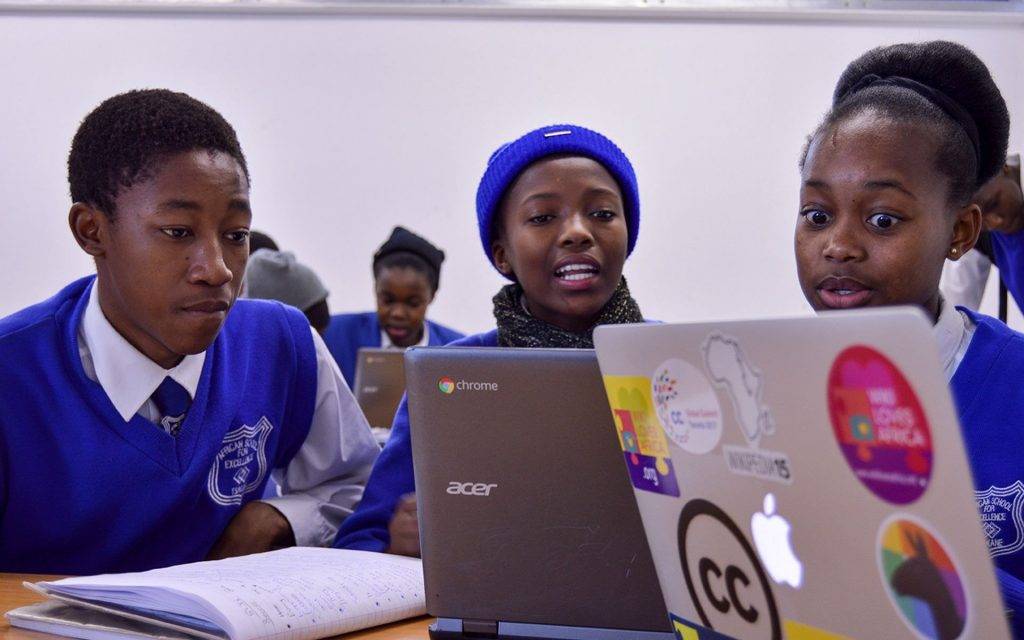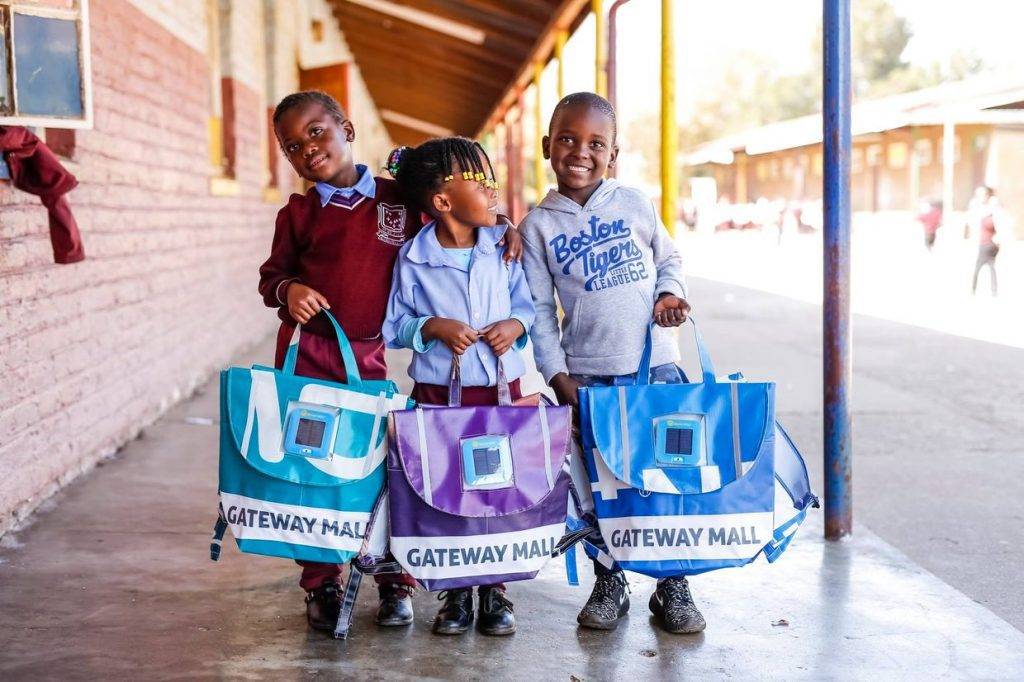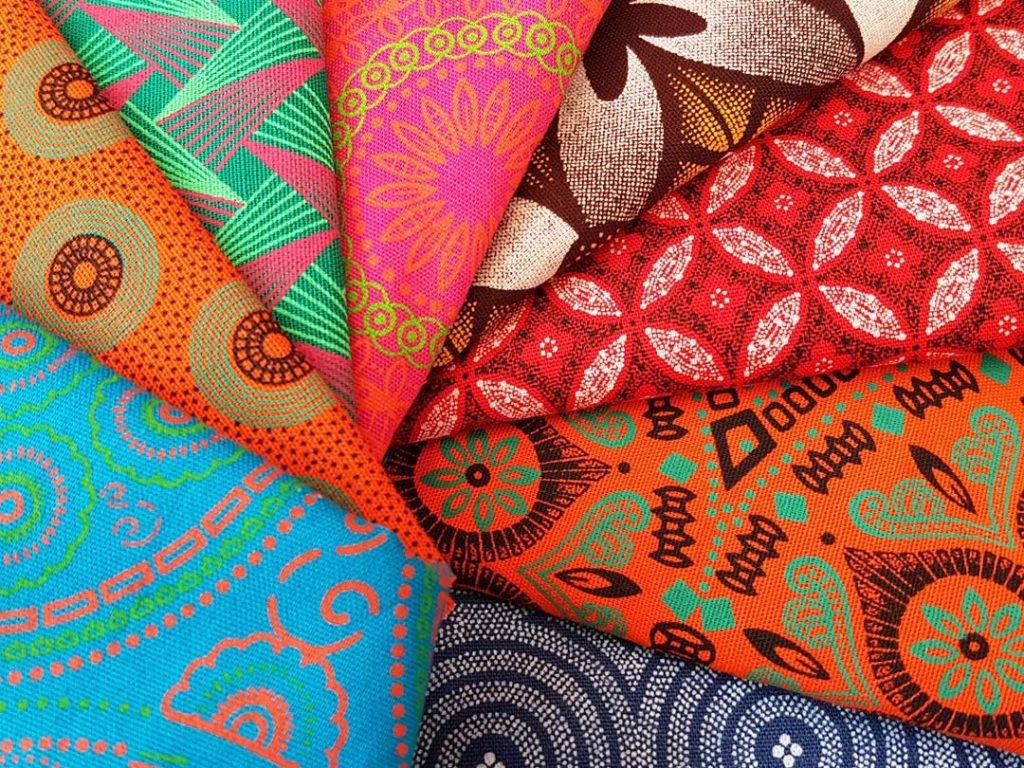6 Unusual Business Ideas That Could Prove Profitable In South Africa And Perhaps Everywhere

South Africa is one of Africa’s most developed countries and here are some business ideas that are unique to the country and could prove a gold mine down south and maybe everywhere else.
In today’s world where entrepreneurship is starting to see a lot more action than paid employment – especially as there isn’t even much of the latter – a premium is placed on setting up a business that can actually sustain itself and bring in the goods. But the problem often lies in identifying what business actually has the potential to serve up all those good tidings and more.
Actually, identifying which businesses have the most potential to become a cash cow, in the long run, is the single most important detail related to setting up a venture. Its importance even trumps gathering the funds to get the business up and running as such an effort would ultimately result in futility if the path chosen is one that leads to a dead end.
And that is why it is important to not make a hash of a choice of business. Today’s business world is awash with opportunities but it is the pursuit of ‘popular’ ventures whose target markets are already pretty much saturated that often results in failures. That said, perhaps it wouldn’t hurt to take the ball elsewhere.
South Africa happens to be one of Africa’s most developed nations, even though there’s still a lot left to be desired. And it so happens that the country is only one of few that posses the structure to support certain ‘unique’ business ideas, especially those ones that have nothing to do with the usual suspects like payment/financial solutions, or transportation, or loans.
Identifying that unique gap in the market and making a move to fill it is often the difference between successful ventures and their not-so-successful counterparts. Thankfully, there are a number of “beyond-the-norm” business ideas targeting rather inconspicuous and hardly explored market gaps that are found to thrive in South Africa, even though they are unlikely to do so well in other parts of the continent.
And perhaps one can kickstart a distinctively South African business using any of the unique ideas that will be revealed in this piece. Don’t be quick to say it sounds too good to be true; also thrown in for good measure are some pros and cons, and mentions of businesses that have done similar stuff and hit paydirt. That should be enough motivation.
Getting Crafty The South African Way

This is great for individuals who are pretty handy with stuff and can figure their way around creative DIY thingies. Being good at making stuff for yourself and friends shouldn’t just be something done out of boredom or as a pastime. It could serve up a great business opportunity if taken seriously enough.
Who’s Been There And Done That?
All over the world, handcrafted homemade items are sort of a hot prospect, something people don’t mind splashing the cash on.
Online platforms like Etsy and South Africa’s Hello Pretty are a testament to that. Both platforms make it possible for people to have their wares sold at very decent, profitable prices. And there’s always the option of having those wares displayed at a proper market or a very busy junction if you have a problem with the internet.
A number of entrepreneurs have been able to fashion out opportunities with their very own hands out of the challenges that hit them.
For instance, there’s a doll that was crafted by one Molemo Kgomo because she couldn’t get her hands on any for her daughter. That attempt to gift her daughter with an African doll eventually led to a doll-making business called Ntombenhle Dolls which has since gone online and was greeted with overwhelming orders once the shop was set up. She was taking care of her own need when she stumbled on something that could be big. And it could be you.
The Upside
- Being interested in a particular craft spells a natural skill or acquired ability for it. So, there’s hardly any question of know-how.
- It doesn’t cost much to create most homemade wares.
- People are interested in buying such stuff.
- Because it’s a very niche market, most of the customers will just be “your” customers, so there’s hardly any talk of competition.
The Downside
- If the work isn’t done by you, earning a substantial profit might be a long shot.
- Since it’s a niche market, a lot hinges on customers not losing interest and walking away because that would stifle that income stream.
- If the quality of the products isn’t on par with the pricing, customers will walk away and never come back.
Going Off The Beaten Track With South African Tourism

Tourism pumps in significant revenue into the South African economy. Every year, millions of tourists troop into the country for reasons bordering on leisure and sightseeing. In fact, the World Economic Forum (WEF) placed the country on the 48th spot out of 114 countries on the list of the world’s most popular places to visit.
It’s rich natural endowments and cultural heritage, along with its decent infrastructure and friendly foreign business policies, makes it quite popular amongst visitors from various parts of the globe.
There exists a number of businesses that thrive on tourism throughout the country; from restaurants along the beachside, well-planned tours, and activities featured at popular tourist sites. And you too can get on board before the ship gets full.
Who’s Been There And Done That?
At least, two businesses can be cited in this regard. The first one is an app developed by a Kruger Park enthusiast to help nature lovers experience their game-drive activities in a whole new way. Visitors use the app to post cool stuff like videos and pictures of sightings, and also chat with other enthusiasts. This way tourists are able to better experience the park and see as many of its animals as they can.
There’s another tourism-focused app called VoiceMap which was created as an informative guide to enhance the experience of tourists in a given location. This is done by hooking up with bestselling authors, expert correspondents, veteran broadcasters, and passionate locals who go on hikes and record their experiences in real time for the benefit of other visitors. Thus, helping those visitors really experience South Africa and not just see it.
The Upside
- South Africa is already your home and you know what holes to plug in the tourism market.
- You can use many different tourism techniques to showcase loads of positives.
- South Africa is undoubtedly a popular tourist destination but there’s still plenty that is yet to be explored. You can whip up a preferred narrative for the story you’d like to tell about SA.
- There are many different types of tourist activities to choose from and there is freedom to offer something that harnesses all types or just focuses on a particular one
The Downside
- Insecurity, bad publicity, and past incidents could cause tourists to turn their backs on SA and go elsewhere.
- The tourism business is a seasonal one and it won’t do your finances a lot of good if you have no plan for those times during the year when business is slow.
- The direction of the tourism business is ever changing. What worked once before may not cut it next year.
- There’s some work cut out for you in learning all you can about the international tourism market and weaving your opportunity around that.
Leaving Footprints In Education

Out of 60 countries considered in a study on illiteracy carried out by Central Connecticut State University, South Africa was ranked 56th out of 60 countries. Again, it retained the 56th spot in the area of computer literacy – another issue begging to be addressed in SA.
These shortcomings could be taken as an indication of the need to cover the education chasm in South Africa. And a business can be built out of offering products or services that help curb the drawbacks to education access within the country.
Who’s Been There And Done That?
The shortage of educational services provided an opportunity for Silulo Ulutho Technologies; a business which offers access to computers and computer training sessions to those who are not proficient with the device. The business has since expanded into all parts of the country and is still growing.
Another business worthy of mention in this regard is Sports for All which offers training sessions to children for a small membership fee and has since its franchise grow with students now competing in official sporting leagues.
The Upside
- The demand for initiatives/programmes offering education is quite high and will remain so for years to come.
- Even if the funds to set this one up are not available, support can always come in the form of government aid or external funding from parties that know this to be an important social venture.
- Having a good knowledge of the education sector and some experience will put you in good stead.
The Downside
- The business model will require a lot of work as it might take some doing to actually profit off of this sector.
- Operations will have to be lean and stay so for a while.
- Networks have to be formed with the educational community.
- There are standards and regulations that your service will have to meet and some of them may be rather steep.
South Africa Has A Taste For Fancy Drinks And You Could Profit Off Of Quenching That Thirst

South Africa boasts one of the world’s most diverse landscapes, with its Cape Floral Kingdom recognised alongside only five other floral kingdoms in the world. There are some 9,600 recorded plant species in the country with as many as 70 percent of those finding a home in SA and nowhere else.
With such a wonderful environment comes the opportunity to develop and create a myriad of products from resources like unique plants, spices, herbs, aloes, and even wheat and hops which are known to have a flavour and aroma unlike any other.
Who’s Been There And Done That?
Paul Simon whose first business, YDE, was kind of a hit having been turning in R160 million in revenue annually as at the time of its sale, started his own homegrown rooibos iced tea brand, Uber Flavour, after discovering that Germans were making the South African product their own while on a trip to Deutschland.
Uber Flavour was his idea of correcting what he thought was an “injustice” and it sold out within the first six weeks of production. In a matter of eight months, it was in every restaurant and grocery store from Cape Town to Johannesburg.
Then, there’s healthy-living enthusiast, Mikie Monoketsi, who saw a need to inform township dwellers of the health benefits of spices and herbs. She took on the local market with her special blend of healthy spices and it became a business called Mama Spices & Herbs which claims to produce up to 1.2 tonnes of spices monthly to keep up with demand.
The Upside
- The necessary resources are already available — in some cases. for free or on the cheap.
- You already know a thing or two about how to blend those resources to produce something people would love.
- There’s always a market for any fine consumable.
- The raw materials won’t cost that much because they are being sourced locally.
The Downside
- A network of suppliers of the most important raw materials for your product will have to be built so as to get the best deals.
- You might need to call upon a seasoned food specialist to help in developing the uniquely South African flavour and that doesn’t always come on the cheap.
- The business will most likely demand a huge capital outlay.
Offering Low-Income Market Product or Services

Many of the larger conglomerates have made a play for the low-income market in SA without that much penetration and as things stand, that segment is very much up for grabs.
Who’s Been There And Done That?
Ever heard of Repurpose Schoolbags? It’s a business set up by two persons, Thato Kgatlhanye and Rea Ngwane, who were both high school students at the time.
The business essentially transforms discarded plastics into school bags that are also fitted with a small solar panel and lighting which can provide illumination for students to study and do their homework after nightfall especially in places battling unreliable power supply.
Apart from being a sustainable social enterprise that benefits kids, the business also employs people from the community while raking in profits.
The Upside
- The business does not require a lot of capital and can thus run lean.
- The market is large and mostly untapped, so competition isn’t that stiff.
- The business idea can follow from any of the challenges bedevilling the low-income market. It should be aimed at tackling those.
- You’ll be making a play in a market that is not sufficiently attended to and that’s as close to a monopoly as one can get these days.
The Downside
- Prices will have to be kept low and must be left so.
- The business model will require a lot of work if you are going to earn any sort of profit on what is certain to not be a lot of funds.
- The market is inherently niche. So, the moment it fails to capture the interest of your customers, your income takes a serious hit.
Profiting Off Of South Africa’s Unique Fashionable Apparel

Around the world, heads are being turned on the streets and on runways by South Africa’s unique shweshwe fabric but not much has been done with respect to marketing the product in commercial quantities in overseas markets.
Who’s Been There And Done That?
Eco Smart Group; an organisation focused on job creation and conversion of waste to useful resources, has a subsidiary known as shwe.co.za – sellers of finely-crafted items made from hand-made South African shweshwe. Since 2014, the brand has grown its establishment to include international stockists. But there’s still a lot in the offing on this front.
The Upside
- Authentic designs are only obtainable from South Africa, so this is the only source of the fabric.
- You probably already know something about creating a product using those resources.
- There’s a local and international market for your product.
- The raw materials are available on the cheap because they are sourced locally.
The Downside
- A network of suppliers would have to be built with complementary businesses such as shweshwe manufacturers.
- Designers and/or seamstresses may have to be hired to assist in developing those intricate patterns that are a feature of the distinctly South African designs.
- Outlets into international market will have to be created for the new product.
- A business of this nature will probably require huge capital outlay.
Featured Image Courtesy: gnuworld.co.za